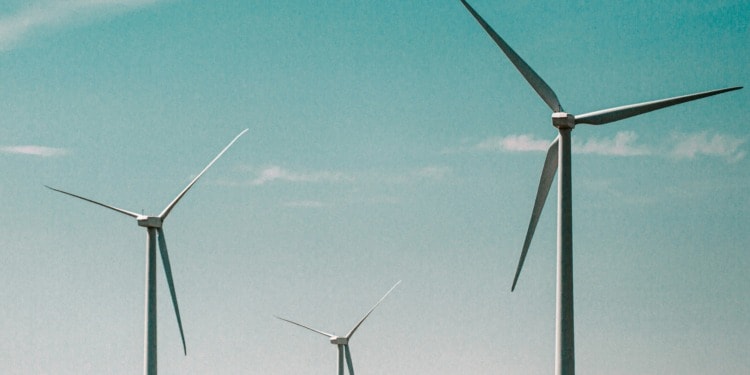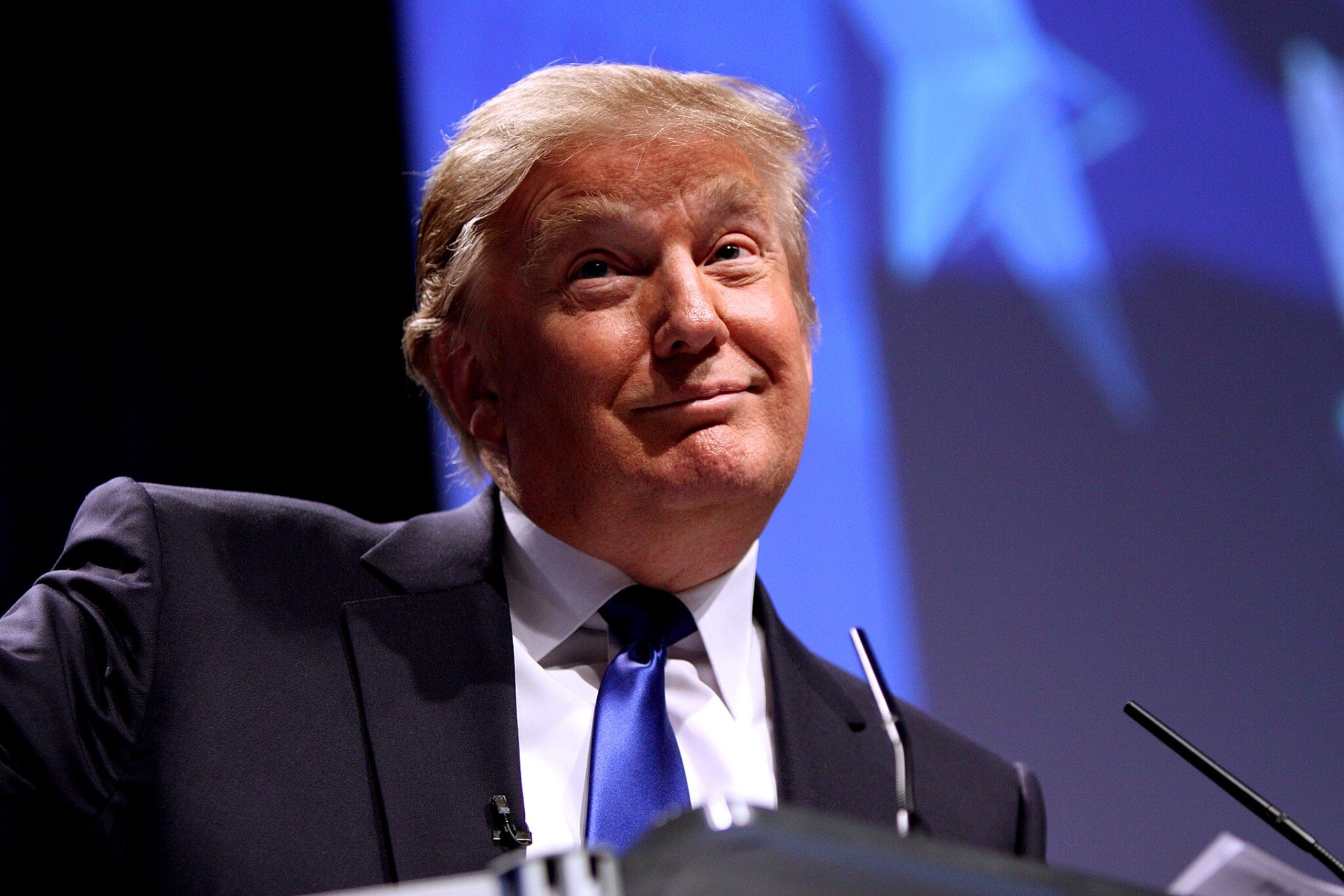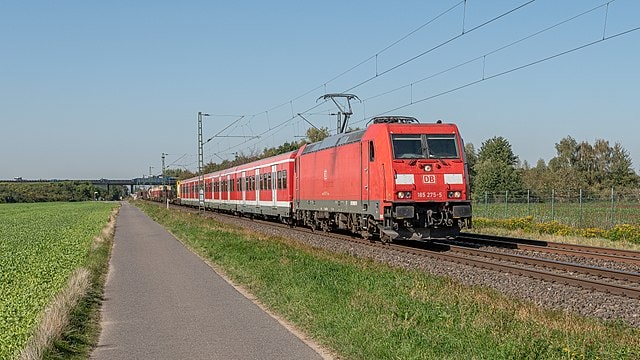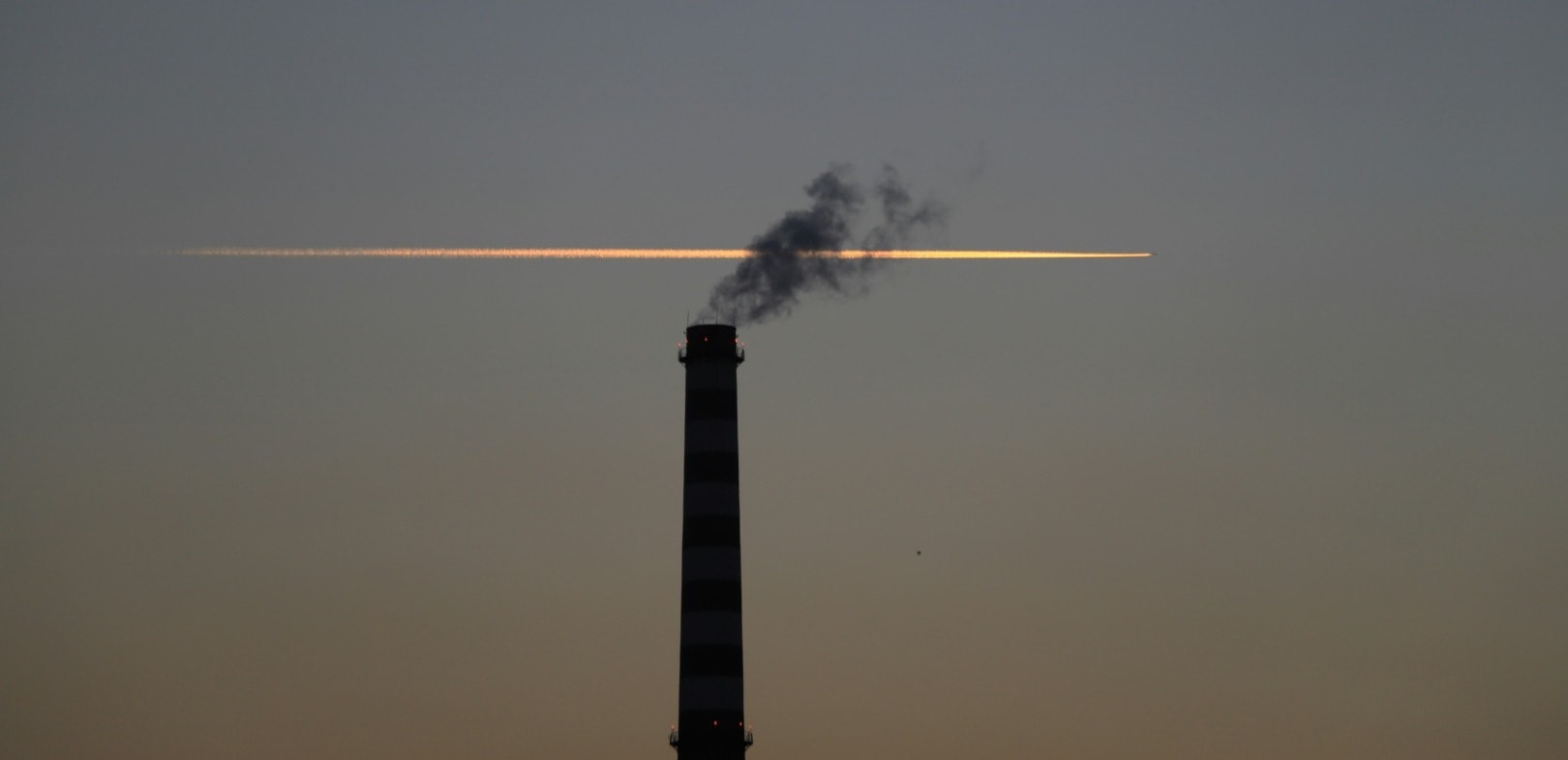In 2023, Germany’s greenhouse gas emissions dropped by approximately 10%, marking the most substantial decline since the country’s reunification in 1990. The German government’s announcement, made last week, came amidst a backdrop of economic contraction and a strategic shift towards renewable energy sources.
As the Federal Environment Agency (UBA) revealed, Europe’s largest economy experienced a 0.3% shrinkage in its GDP last year, attributed to high energy prices and weakened foreign demand for German exports. This downturn in economic activity contributed to a notable decrease in industrial production emissions, which dropped by 7.7%.
The energy sector also saw a notable reduction in power plant emissions, largely attributed to the surge in renewable energy generation, which accounted for nearly 52% of electricity consumption in 2023. Germany’s total energy consumption also declined — by 4% — while the amount of imported electricity increased. Both of these factors helped the country reduce its overall emissions.
Related Articles: What Germany’s Soon-to-Be Independence of Russian Coal and Oil Means | Immigration Reforms: Germany Prepares to Loosen Regulations for Non-EU Migrants | 98% of Countries Are Falling Behind on Climate Targets, New Report Finds | How Do Countries’ New Emissions-reduction Plans Stack Up?
Industrial sectors, particularly energy-intensive ones like chemicals and metals, witnessed significant declines in production. The Chemical Industry Association (VCI) and the Federation of German Industries (BDI) reported drops of almost 8% and 5.3%, respectively.
The UBA also affirmed Germany’s trajectory towards meeting its 2030 climate targets. The nation aims to slash emissions by 65% by 2030 compared to 1990 levels and achieve carbon neutrality by 2045, with current progress standing at around 46%.
To accelerate emissions reduction, Germany has recently introduced “climate protection contracts,” incentivizing companies to embrace green practices despite additional costs. Moreover, as President of the UBA Dirk Messner highlighted, the transition from fossil fuels to electricity and the implementation of CO2 pricing are expected to drive industries toward climate neutrality.
Editor’s Note: The opinions expressed here by the authors are their own, not those of Impakter.com — Cover Photo Credit: Mike Setchell.














